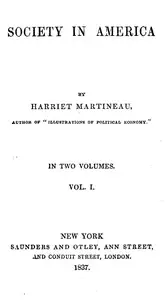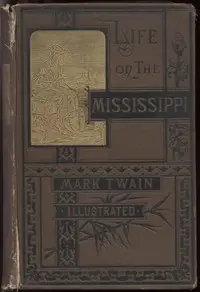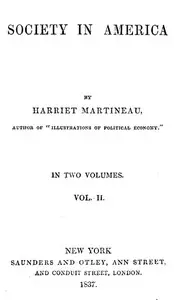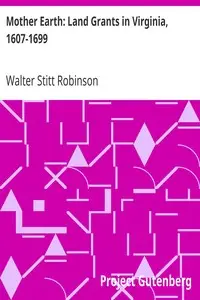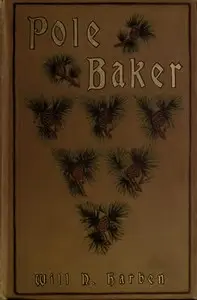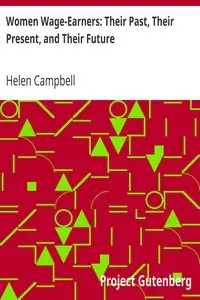"Retrospect of Western Travel, Volume 2 (of 2)" by Harriet Martineau is a captivating travelogue from the 1800s, that follows the author's adventures across the American West, sharing insights about the diverse people, stunning scenery, and important social issues she finds. It blends Martineau's personal journey with a close examination of the era's cultural and political atmosphere. The story starts with Martineau boarding the steamboat "Henry Clay" to travel the Mississippi River. Setting off from New Orleans, she introduces intriguing characters among her fellow travelers, as well as anxieties surrounding river travel safety at that time. Martineau’s lively descriptions bring to life not only the beauty of the South but also more somber truths along the river, raising questions about mortality and sickness, highlighted by reports of cholera outbreaks in the area. This start signals an exploration of both the physical act of traveling and Martineau's broader observations about society.

Retrospect of Western Travel, Volume 2 (of 2)
By Harriet Martineau
Embark on a 19th-century adventure through the American West, where danger and beauty intertwine, revealing the soul of a nation.
Summary
About the AuthorHarriet Martineau was an English social theorist. She wrote from a sociological, holistic, religious and feminine angle, translated works by Auguste Comte, and, rarely for a woman writer at the time, earned enough to support herself. The young Princess Victoria enjoyed her work and invited her to her 1838 coronation. Martineau advised "a focus on all [society's] aspects, including key political, religious, and social institutions". She applied thorough analysis to women's status under men. The novelist Margaret Oliphant called her "a born lecturer and politician... less distinctively affected by her sex than perhaps any other, male or female, of her generation."
Harriet Martineau was an English social theorist. She wrote from a sociological, holistic, religious and feminine angle, translated works by Auguste Comte, and, rarely for a woman writer at the time, earned enough to support herself. The young Princess Victoria enjoyed her work and invited her to her 1838 coronation. Martineau advised "a focus on all [society's] aspects, including key political, religious, and social institutions". She applied thorough analysis to women's status under men. The novelist Margaret Oliphant called her "a born lecturer and politician... less distinctively affected by her sex than perhaps any other, male or female, of her generation."

